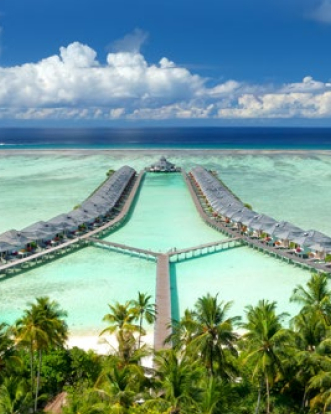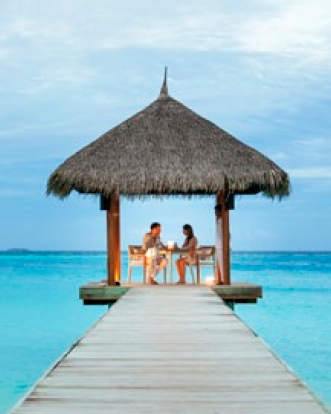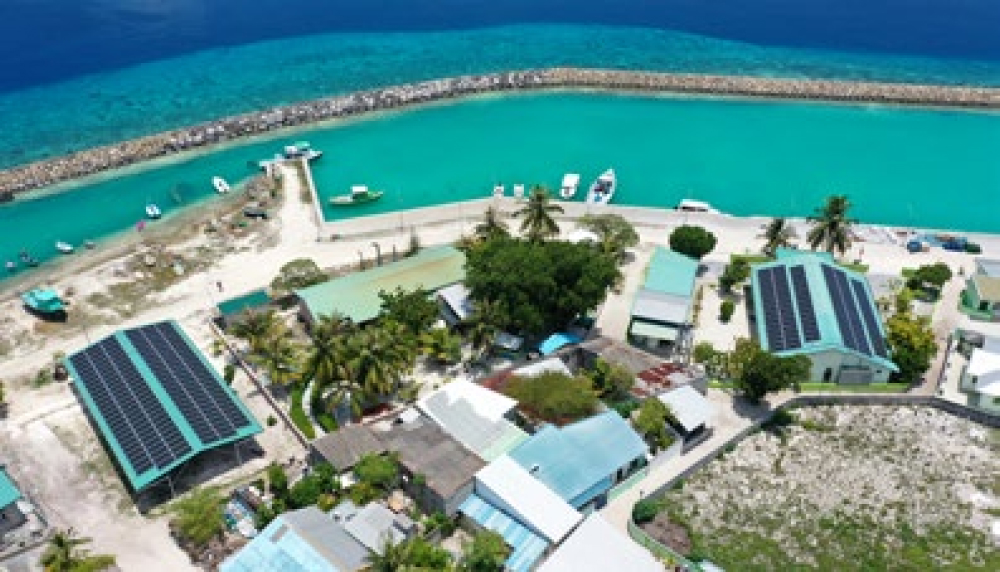As published in

The 2018 presidential elections marked a turning point for Maldives. Ibrahim Mohamed Solih’s surprise victory promises to usher in a new era of stability and transparency in a business-friendly environment.
The scene as the election results came in was jubilant. Even many supporters were shocked by the overwhelming victory of Maldives’ new president, Ibrahim Mohamed Solih, last September. The small island nation, famed internationally for its idyllic beaches and world-class tourism, had also been making headlines in recent years due to political instability. But last year’s elections and the peaceful exchange of power sent a strong signal that Maldives is back on solid footing. «I think of it all like the winds.
If people feel the winds are good, then they’ll come and invest or visit as a tourist. But if the winds are turbulent, they anticipate that something bad is on its way,» says Ali Waheed, the Maldivian minister of tourism. «Now, there is just a nice, light breeze. You don’t see protests anymore. It’s a stable, calm country.» One of the main goals of the new administration is to reignite investment into the Maldivian economy by boosting transparency and putting new safeguards on those investments.


Standing up as a global role model for environmental sustainability, Maldives’ ambitiously green energy roadmap is paving the way for huge investments in renewables.
The concept of intergenerational equity is fuelling Maldives’ energy policy. It means fairness between generations, that assets like the environment do not belong to one generation alone, and that those alive today must preserve them for the future. «The current Maldivians have a huge responsibility to ensure that the beautiful island nation that we have inherited from our forefathers is delivered in the same beautiful serene state to the future generations of Maldivians and global citizens,» says Dr. Hussain Rasheed Hassan, the Maldivian Minister of Environment.
The island nation of Maldives has long been a leading voice in the global fight against climate change. As an excess of greenhouse gases in the atmosphere warm the seas, affecting the coral atolls on which the nation rests and causing the sea level to rise, the concept of intergenerational equality demands a change in the current energy model.

That’s why Maldives is dedicated to replacing carbon-burning energy sources with renewable energy. And it hopes the rest of the world will quickly follow suit. «If you consider small island developing states, around 44 nations altogether, we are not contributing even one percent of the greenhouse gases in the atmosphere,» says Dr. Hussain. «We do not want to be climate refugees, and technology is going to help us.» In January, Maldives signed a memorandum of understanding (MOU) with the UAE on cooperation in the field of renewable energy and energy efficiency to help kick-start the country’s renewable revolution.
